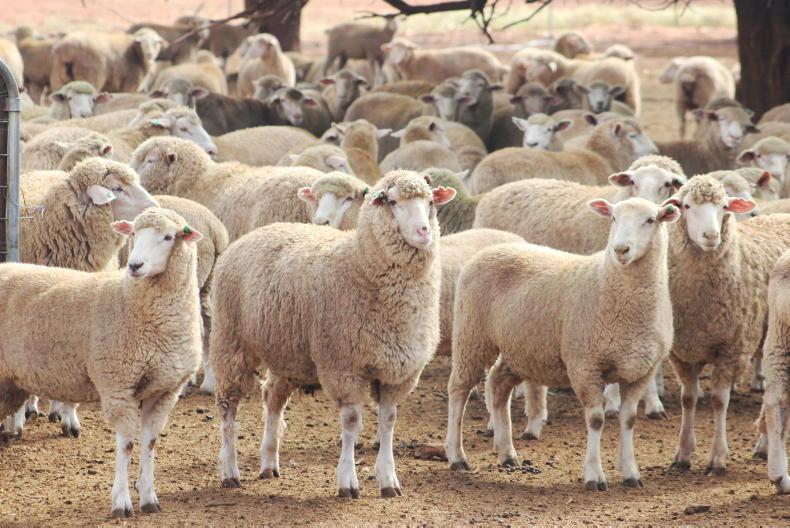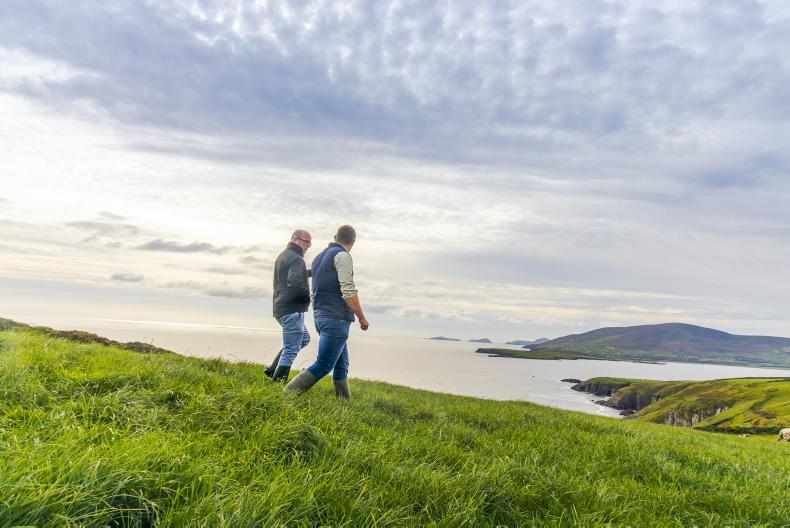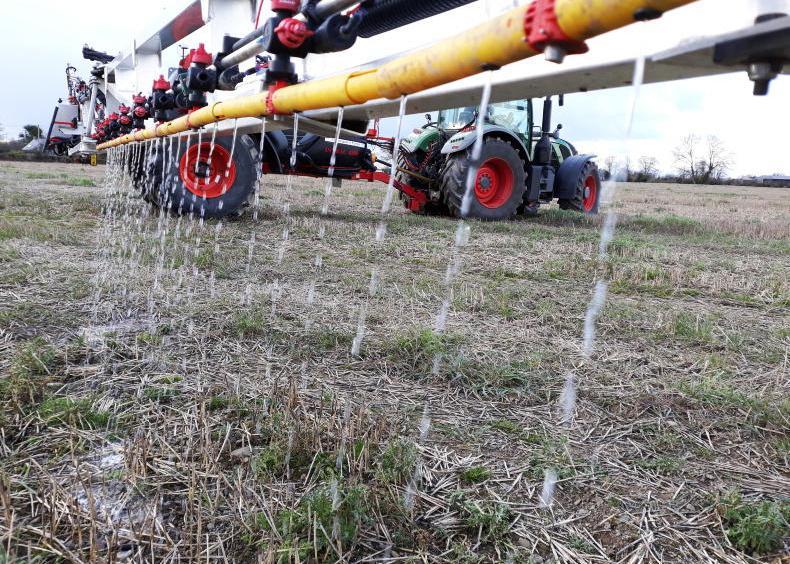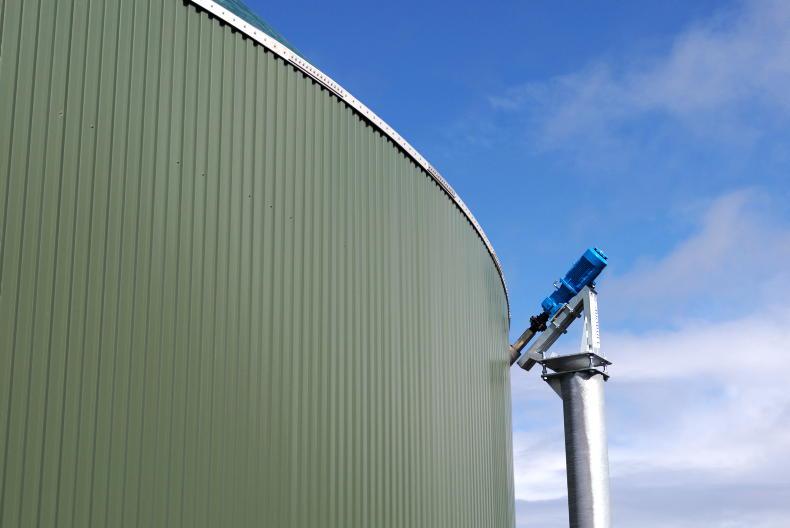Did you know the Government has concerns that much of its own spending is contributing to global warming? Including some programmes that farmers would consider core? Which ones, I hear you ask? I’d wager you won’t readily guess them.
The answers can be found here where Barry Murphy examines the Climate Research Evaluation and Oversight report conducted for the Department of Public Expenditure and Reform.
The three areas of expenditure listed are the Areas of Natural Constraint (ANC) programme, Bord Bia’s State funding and direct aids and marketing supports to the agri-food industry.
To say the report deals in generalisations is putting it mildly. One example says ANC payments “can prevent practices such as land abandonment, which could potentially lead to improved biodiversity outcomes in certain circumstances”.
Can income support to the poorest farmers, farming livestock extensively on the poorest land, really be the climate culprit?
The authors’ concern is that ANC payments “supplement income for an emissions intensive activity in areas where such activity would be less likely to occur to the same extent in the absence of the support”. There is an equal possibility that farmers would have to run harder without ANC payments, leading to more intensive farming.
I have some sympathy for the authors of the report, as all food production has a carbon footprint. If your viewpoint is influenced by EAT-Lancet, which at heart posits that all meat and milk production is environmentally damaging, and humanity needs to quickly switch to a plant-based diet, you may classify Irish farming, and farm supports, as contributing to climate change.
Air travel
In terms of air travel, the bugbear of many farmers who feel targeted in the climate debate, this report does refer to supports for the aviation sector. However, jet fuel being exempt from carbon tax, income foregone with a clear climate footprint, seems beyond its remit.
Reducing production of meat or milk in Ireland and across the EU will only reduce the carbon footprint of food if consumption patterns change
There’s little point in farmers or their representatives overreacting to what is effectively a slide-rule exercise across Government expenditure.
Everything is going to be measured in terms of its carbon footprint from now on.
In response, there needs to be rational, evidence-based analysis that examines some of the assumptions being made about food production.
For instance, if production intensity is bad, it follows that we will need more land to produce the same amount of food. At the same time, we are being told more land must be taken out of food production. Both things can’t easily happen.
Secondly, reducing production of meat or milk in Ireland and across the EU will only reduce the carbon footprint of food if consumption patterns change.
Otherwise, production will move location, not reduce. Carbon leakage is not a get out of jail-free card for Irish farming, but it can’t be simply dismissed as whataboutery either.










SHARING OPTIONS